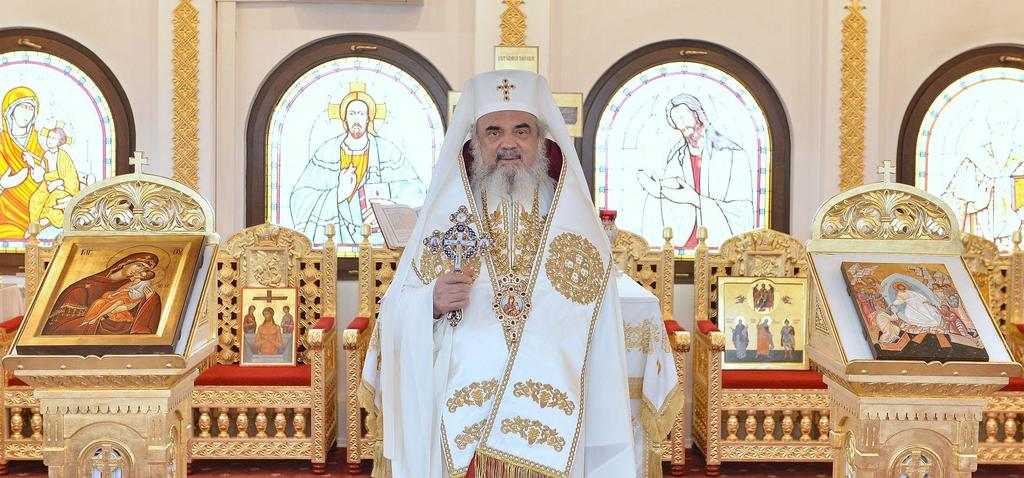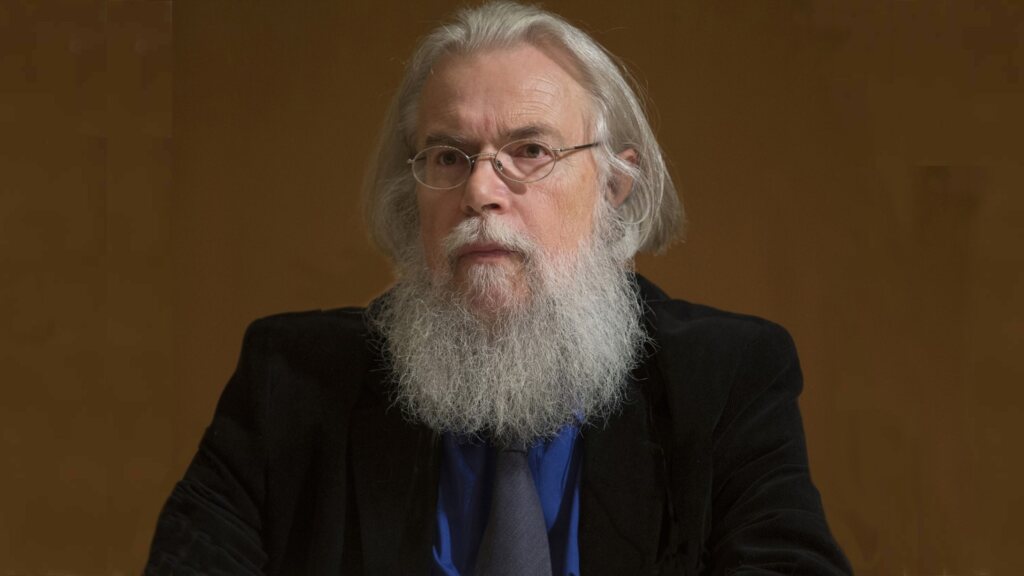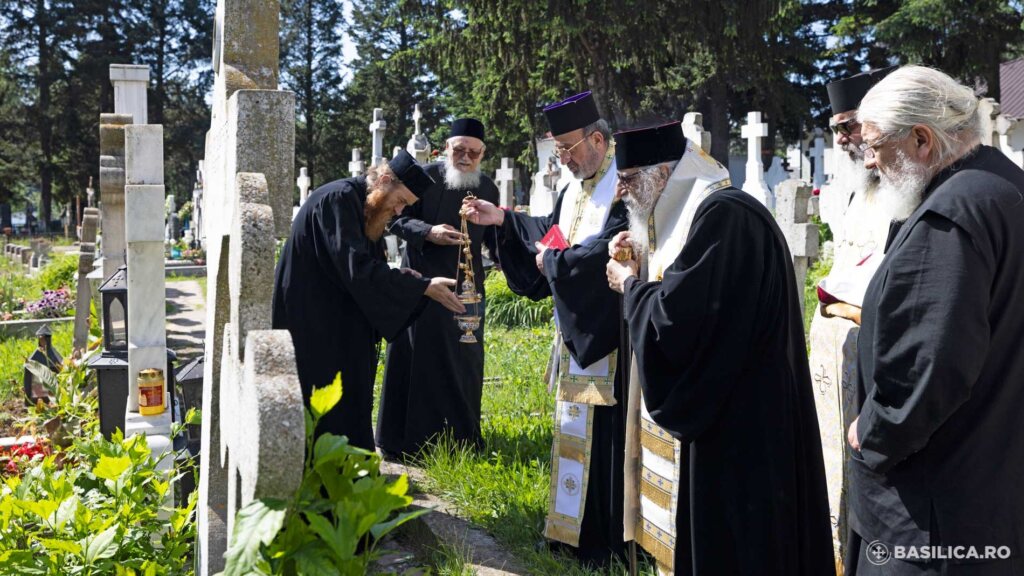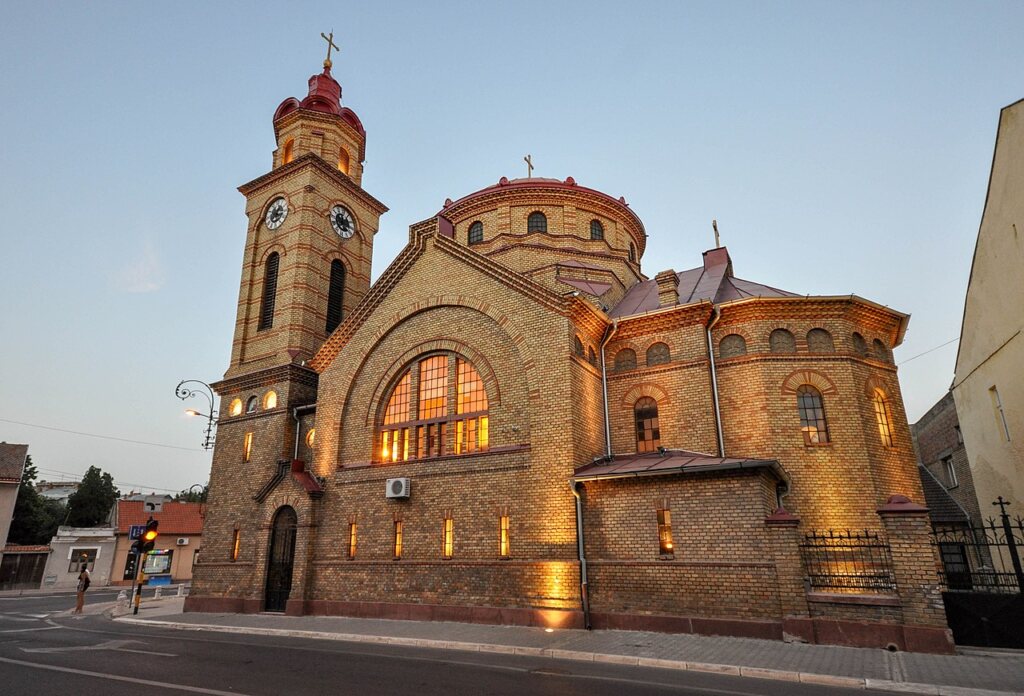Orthodox Christians celebrated last Sunday, 22 November 2015, the 26th Sunday after Pentecost. On this day, the Orthodox Church has established the Gospel reading from Luke 12:16-21, which presents the Parable of the rich fool:
Then He spoke a parable to them, saying: “The ground of a certain rich man yielded plentifully.
And he thought within himself, saying, ‘What shall I do, since I have no room to store my crops?’
So he said, ‘I will do this: I will pull down my barns and build greater, and there I will store all my crops and my goods.
’And I will say to my soul, “Soul, you have many goods laid up for many years; take your ease; eat, drink, and be merry.” ‘
But God said to him, ‘Fool! This night your soul will be required of you; then whose will those things be which you have provided?’
So is he who lays up treasure for himself, and is not rich toward God.
In the sermon delivered in St Gregory the Enlightener Chapel of the Patriarchal Residence in Bucharest, His Beatitude Daniel, Patriarch of Romania, showed that the Church established this Gospel reading during the period of the Nativity Fast, because it is full of teachings regarding our spiritual ascent towards the great feast of the Nativity of the Lord (Christmas).
Covetousness causes man’s decline and alienation
The Gospel shows us that covetousness causes man’s decline and alienation, the Romanian Patriarch explained, adding that the Parable of the Rich Fool does not refer to a particular man; any human whose soul is in a state of bondage can represent the covetous rich man, by an exclusive attachment to material, limited and passing possessions. Wealth is not bad in itself, because it comes from God, but the way of using it can be bad or good. The unexpected harvest of the rich man in the Gospel, instead of making him more human, dehumanizes him; and instead of drawing him closer to God and the fellow men, it draws him apart and alienate him. The spiritual attitude of the rich man towards an unexpected material gift coming from God’s goodness becomes a passionate attitude that changes even his way of reasoning; it drives him crazy due to the covetousness of his soul for the material possessions.
The church invites us to unite fasting with prayer and almsgiving
“Understanding the severity of the words of today’s Gospel for the unmerciful rich people, and also the hope provided by the words of our Saviour Jesus Christ addressed to those who get spiritually rich in God, the Church invites us permanently to unite fasting with prayer and almsgiving. Almsgiving can be of two types: material, when it refers to food, clothing, shelter; or spiritual, when we offer someone a good word, a sign of remembrance, an encouragement in times of trouble, a consolation in times of sorrow, a wise advice in times of disorientation; all of these being accompanied by prayer for their health and salvation”, His Beatitude Patriarch Daniel also said.
In the image of poor people, Christ Himself approaches us mystically
His Beatitude patriarch Daniel noted that by almsgiving we resemble the Merciful God and can receive the joy of Heaven in our souls:
“Today’s Gospel reading is a light beam making us understand that wealth represents a gift of God which must be shared by the rich with poor people. The Romanian people summarizes this truth in the following words inspired from the Gospel: Sharing a gift becomes paradise. This means that from the gifts received from God, in our turn we must offer gifts to the poor so that we can enter the kingdom of the merciful love of God. Actually, only when we become merciful we receive the joy of Heaven in our soul, because we resemble the Merciful God. The Church urges rich people to give alms, while the poor to ask for the help of God. This light has illumined the Church of Christ that over the ages urged Christian emperors, kings, ruler princes and other rich people to give alms. For example, in Byzantium, during the Great Week of the Holy Passions of our Lord Jesus Christ, the emperor visited the homes for elderly, ill and poor people, and offered much money to the Church in order to organize the philanthropic work for the benefit of the poor. In the same way, the Romanian Orthodox Church urged the ruler princes, the voivodes, the boyars and every rich people to help the poor, to give alms, because in the image of poor people, Christ Himself approaches us mystically. In the Romanian Principalities the first infirmaries or hospitals, retirement homes, orphanages and pilgrim houses have been organized by the Church, often with the support of rich and merciful Christians”.
Let us enrich ourselves especially spiritually through faith, spiritual kindness and good deeds
His Beatitude Patriarch Daniel showed that, even though the vow of willingly poverty is a rule for monastics, the Church does not preach poverty as an ideal state for all lay people, but urges the faithful, especially the rich ones, to practice almsgiving and helping the poor: “The Church does not consider material poverty as a state of despair, but urges the poor to transform their material poverty in a spiritual enrichment by prayer and humbleness, by good words and deeds, by diligence and hope. In conclusion, today’s Gospel reading urges us to enrich ourselves especially spiritually through faith, spiritual kindness and good deeds, uniting fasting with prayer and almsgiving”.






